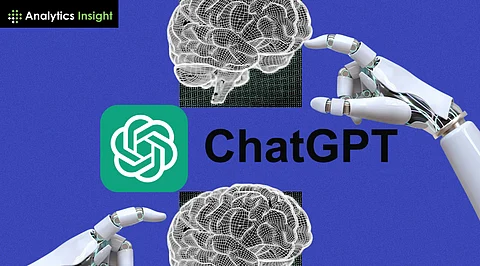

OpenAI aims to revolutionize college education in collaboration with universities to create a new AI-based ecosystem. This would include assistance for students and faculty from orientation till graduation. Campuses like the University of Maryland, California State University, and Duke allow university-managed ChatGPT Edu with strong privacy controls. This is a strategic shift, effectively spearheading AI as a core educational infrastructure.
An advanced tier with GPT-4o, data analysis, voice interaction, and custom GPT-building facilities opens for OpenAI ChatGPT Edu. These features are instrumental in academic support, research, and administrative efficiencies.
Duke initiated a pilot program on June 2, granting undergraduates unlimited access to GPT-4o through a secure campus license. California State's rollout impacts 23 campuses serving 460,000+ students.
OpenAI ChatGPT helps in study routines: oral-mode quizzing, multilingual explanation, and constructive feedback. Use cases include career services recruitment bots, study guide generation, and oral drills. But studies caution times of overreliance: AI-generated answers sometimes mislead, thus ultimately stunt critical thinking.
There is another big tech rivalry at play here. Anthropic and Google also target education markets. 'Claude for Education' by Anthropic focuses on critical-thinking capabilities through Socratic questioning. At the same time, Google's funding of schools in AI is awaiting integration by Gemini chatbots.
To gain user loyalty, OpenAI has offered its freely usable ChatGPT Plus for students in the USA and Canada.
Problems such as privacy, bias, environmental, and academic integrity concerns still exist. Critics warn that schools adopting generative AI in haste might undermine learning outcomes. Even case-based AI tutors make legal errors to mislead students, critics observe.
The campus presence of OpenAI positions ChatGPT as an academic fixture. ChatGPT Edu markets programs and usability with privacy; institutional pilots demonstrate freshness and relevance. However, erosion of manual skill, data ethics, and other issues demand attention.
How they play out in the long term will depend on the successful balancing of implementation. Universities that embrace AI must have adequate frameworks in place to ensure the preservation of educational integrity.
